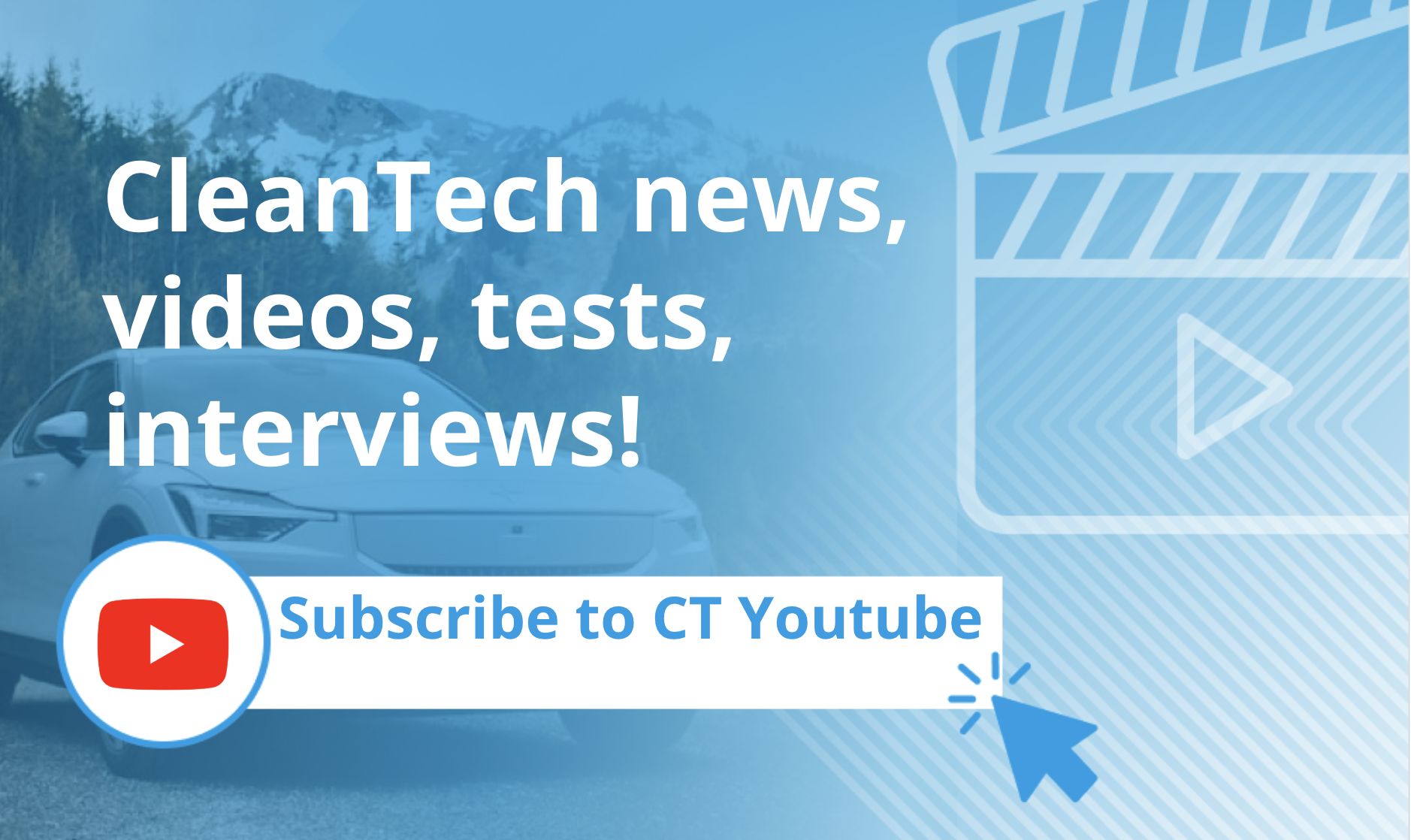
Sign up for daily news updates from CleanTechnica on email. Or follow us on Google News!
Recently, the EXPLORE Act was signed into law by President Biden. Unlike, say, the PATRIOT Act, this bill’s acronym is an honest take on what the law actually does! The Expanding Public Lands Outdoor Recreation Experiences Act actually helps all of us to explore the outdoors, even if only from the comfort of our couches.
Rather than explain all of what’s in the new law, here’s a video from RV Miles explaining how the bill improves access to recreational opportunities, especially for content creators and people riding e-bikes.
As the thumbnail indicates, deregulating filming that has no impact to national parks or other visitors was an important part of the bill. Before this new law, even a single person with a GoPro camera bolted to a selfie stick could get into big trouble if they posted the video to YouTube. Why? Because the potential for monetization on ads made it a “commercial filming production” subject to going through an expensive and time-consuming permit process.
Now, small groups of fewer than six people who aren’t getting in the way of other park visitors can film on public lands. The filming has to happen in places the public is allowed (no going into National Park Service offices to harass the staff, for example), and only handheld equipment like a tripod or monopod can be used. One thing the law does not change is the National Park Service’s ban on drones in park boundaries.
If you like to take long rides on bikes and e-bikes, another provision in the new law helps you there, too. The Department of the Interior has 18 months to identify places for ten new long-distance bike trails that people can use. These trails are supposed to be at least 80 miles in length, mostly be dirt or natural surfaces (not paved, but may connect segments using paved roads), and not be damaging to the land and existing management goals. The goal is to tie existing trails together as much as possible to make these longer journeys on two wheels possible.
The rest of the bill has a lot to like. Other activities like camping, rock climbing, and hiking are all slated to get additional financial support under the law. Better broadband access in campgrounds, partnerships with state and local governments, historical preservation, and youth access all get enhanced under this bill.
While not specifically mentioned, EVs will benefit from the bill in the form of increased electrical hookups in recreation areas, which may be used to charge vehicles on the backroads. Expanded availability of electric campsites can also help people using any vehicle to burn less fossil fuel by being able to plug in.
All in all, this bill is great for environmental protection. It will mean more visitors to natural and scenic areas, and it will mean a few more people talking to themselves while looking at a selfie stick. But, by giving everyone greater opportunities to visit directly or see media about natural areas indirectly (via online video), everyone has a greater opportunity to appreciate our public lands and support protecting them in the future.
Featured image by Jennifer Sensiba.

Chip in a few dollars a month to help support independent cleantech coverage that helps to accelerate the cleantech revolution!
Have a tip for CleanTechnica? Want to advertise? Want to suggest a guest for our CleanTech Talk podcast? Contact us here.
Sign up for our daily newsletter for 15 new cleantech stories a day. Or sign up for our weekly one if daily is too frequent.
CleanTechnica uses affiliate links. See our policy here.
CleanTechnica’s Comment Policy



